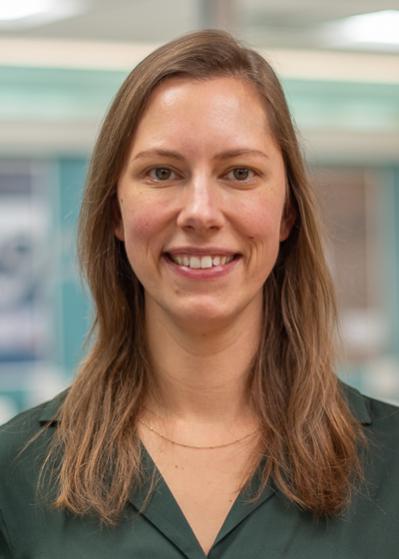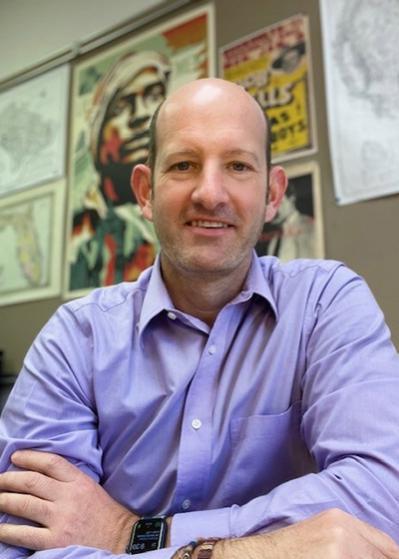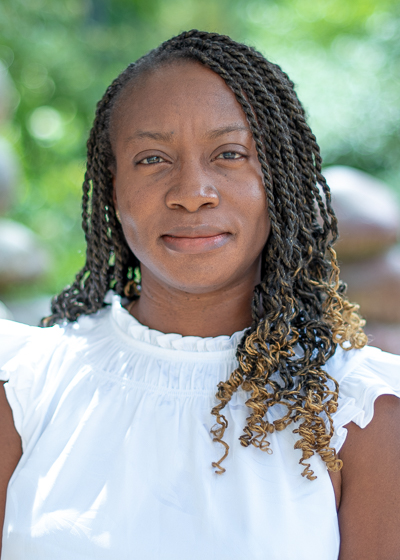The Geography Education Networking Initiative for Underrepresented Scholars (GENIUS) is a three-day workshop designed for rising third- and fourth-year students, including first-generation college students and those who have faced barriers to access in geography-related fields. The program provides support and mentoring to help participants prepare strong applications for graduate programs in geography. During the workshop, students will receive guidance on crafting application materials and navigating the admissions process.
Applications for GENIUS 2025 are now closed
- May 28-30, 2025, University Park, Pa.
- Inbound Travel: May 27
- Outbound Travel: May 30
- Mentors: Madelaine Cahuas - University of Minnesota, Solange Muñoz at the University of Tennessee-Knoxville
Funding
Students will receive travel support, hotel rooms in State College, and some meals while attending.
Qualifications
Successful applicants to GENIUS will demonstrate that they
- Identify as a member of a traditionally underrepresented racial group (including but not limited to African American, Chicano/a and Latino/a, Native American, and Asian American)
- Intend to apply to graduate school in geography
- Are available to come to State College, Pennsylvania, on May 27-30





